A van was crushed by rubble following the February Canterbury earthquake, containing Israeli tourists. One of them, Ofer Benyamin Mizrahi, was killed instantly. Michal Friedman, Liron Sadeh and Guy Yurdan escaped. It’s been revealed that Israeli involvement after the quake has been investigated by the SIS and the police.
Fact checking
What appears to be the original Southland Times article that broke the investigation seems to have been poorly fact checked and shows a lack of editorial oversight. Shemi Tzur, Israeli’s ambassador in the South Pacific is said to have flown from Australia, where he is based, except a quick Google search shows that he is actually based in Wellington.
The same article talks about a piece of suspected Russian malware named “agent.btz” and says that “attempts to remove the malware have so far been unsuccessful”, which gives the impression that the computers of the United States Military are still infected. The next part of the sentence states that “new, more potent variations of agent.btz are still appearing”, so what is probably meant is that attempts to eliminate the malware out of existence have been unsuccessful, which isn’t surprising considering the nature of malware and software in general.
Red flags
9000 passports!
The Southland Times article says that Ofer Mizrahi “was reportedly found to be carrying at least five passports.” John Key said “according to his information, Mizrahi was found with only one passport”, of European origin.
The group of three that left Christchurch gave Israeli representatives his Israeli passport. So that makes at least two passports.
Shemi Tzur says that he was handed Ofer’s effects and they contained “more than one passport.” Does that makes at least three passports or does this include the Israeli passport handed off at the airport?
He says it’s common for Israelis to have dual citizenship because Israeli passports aren’t welcome in some countries, which is understandable. However that doesn’t explain why Ofer was traveling with both/multiple passports—I am an expert thanks to watching Border Security on TV and conclude that less eyebrows would be raised at an airport if, when searched, someone wasn’t in the possession of more than one passport.
12 hours
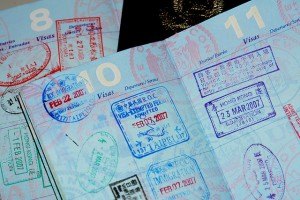
Within 12 hours of the quake the three remaining Israelis had evacuated Christchurch, driven to the airport by Shemi Tzur himself.
This raised eyebrows because they left Ofer behind in the van, but in their defense there was nothing they could have done and it wasn’t like they were leaving someone injured behind. Guy Yurdan, one of the three, said that Ofer was killed instantly.
The advice from many countries to citizens in Christchurch would have been to get out of there as soon as possible. The potential lack of accommodation, food, and water, plus the risk of further aftershocks would have supported their decision to leave as quickly as possible.
A mysterious seventh Israeli
Concerns were raised about a “mysterious seventh Israeli” who was in New Zealand illegally and was reported missing after the earthquake, but weeks later was reported to have left the country. Not sure whether there was anything suspicious about the person apart from their visa situation.
Five Facebook likes
A Facebook tribute page for Ofer came to the attention of investigators because it only had five likes over four months (now 32). Apparently many Israelis don’t have social network accounts. Perhaps those on Facebook who knew Ofer didn’t know of the page? It seems a stretch to say that this is suspicious.
Four phone calls
It’s been reported that Israel Prime Minister Binyamin Netanyahu phoned John Key four times on the day of the earthquake. John Key says that they only actually spoke once in “those first days.” It seems reasonable that a Prime Minister is hard to get hold of, especially during a state of emergency. I’m not sure what the significance of prime ministers calling each other is, I assume representatives from many countries spoke to John Key as a result of the earthquake.
Two search and rescue teams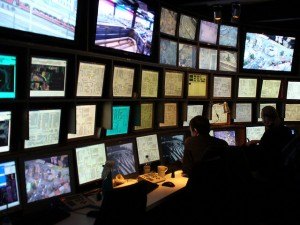
There was reportedly one Israeli search and rescue team but then there were two? Either way it seems at least one either wasn’t allowed access to the red zone or was removed from the red zone by armed personnel. According to Shemi Tzur, a team was sent by the parents of Ofer Levy (other Ofer?) and Gabi Ingel, two Israelis who died in the earthquake.
The article says “Israeli families reacted that way when their children needed help anywhere in the world, often because it was demanded by insurance companies.” Insurance companies often demand that families hire and fly to a foreign country private search and rescue teams when search and rescue is already underway by the country?
Strange.
Perhaps stranger is Hilik Magnus, who runs the search and rescue company in question, Magnus International Search & Rescue:
“He served in the Israel Defence Forces in an elite paratrooper battalion specializing in special operations. He fought in the Attrition War, first lebanon war and the Yom Kippur War, remained a reserve officer for twenty years and served also in the intelligence community.”
Stranger?
Their team entered the red zone “accompanied by police, only to retrieve the personal effects of two people who died.” “There was only one rescue team and it was allowed inside the red zone to accompany police to retrieve backpacks belonging to Mr Levy and Mr Ingel.”
One Israel Civil Defense Chief
The Southland Times article says “In the hours after the 6.3 quake struck: Israel’s civil defence chief left Israel for Christchurch.” The New Zealand Herald reports that Matan Vilnai did visit Christchurch, but nine days later. And not from Israel, but from Australia where he was for a visit.
This doesn’t seem suspicious.
A groups of forensic analysts
An Israeli forensic analysis team sent by the Israeli government worked on victim identification in the morgue. A security audit of the national police computer database was ordered after someone connected that the analysts could have accessed it. The police say that their system is secure. Someone from the SIS says that it could be compromised with a USB drive:
“An SIS officer said it would take only moments for a USB drive to be inserted in a police computer terminal and for a program allowing remote backdoor access to be loaded.”—Stuff
It’s questionable why USB access would even be enabled on computers that have access to such confidential material.
Why New Zealand?
Intelligence
Gordon Thomas, who has written about Mossad says that Mossad trainees, possibly picked during compulsory military service, were usually planted overseas in groups of four. He says that the CIA and MI6 have offices in Auckland and have “held high-level meetings with New Zealand spy bosses”. They want to know what sparked the SIS investigation, what investigations were carried out and what passports the group possessed. He thinks New Zealand is a credible Mossad target because al Qaeda cells could expand into the Pacific Rim. Israel would want to know what our intelligence agencies know, what they are sharing and how good they are at getting information.
He says that Mossad has a reputation for using students as agents and that using two couples is “standard Mossad operation style. The reason they have a man and a woman … it’s easy to pass unnoticed, unchallenged, and the woman acts as back-up.”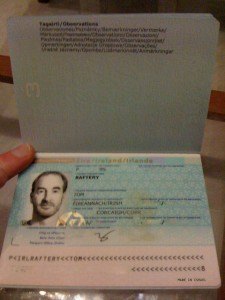
Passports
New Zealand passports are readily accepted around the world. Anyone gaining one who had nefarious purposes would likely face no contest at a border. Paul Buchanan, who has worked at the Pentagon says that it’s unlikely the four were Mossad agents because of their age and the apparent low-level task of passport fraud they were undertaking, but they might have been recruits operating as sayanins, the Hebrew word for helper. He says that after the September earthquake, Christchurch may have been seen as a good target to get names of New Zealanders to use for false passports.
The three survivors from the van gave an interview to Haaretz, an Israeli newspaper, days after the earthquake. It would seem unlike spies to put themselves out in the public eye like that, but maybe that’s reverse psychology. Who knows.
Image credits: Ian Rutherford, Ludovic Bertron, J Aaron Farr, Tom Raftery
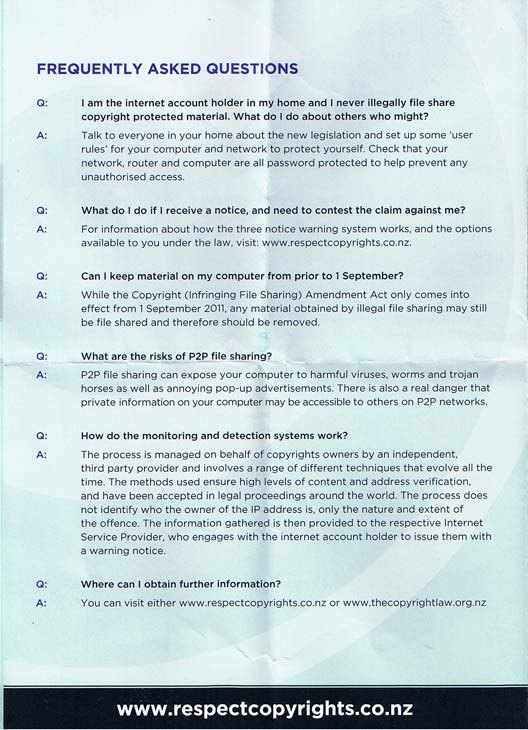 It contains some interesting content.
It contains some interesting content.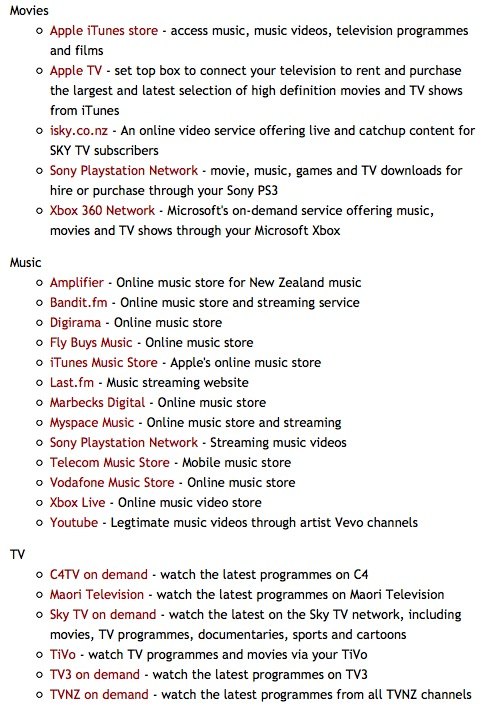
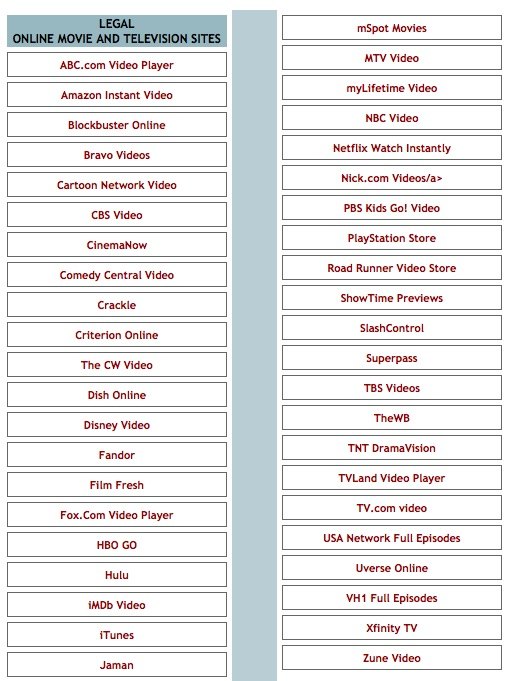


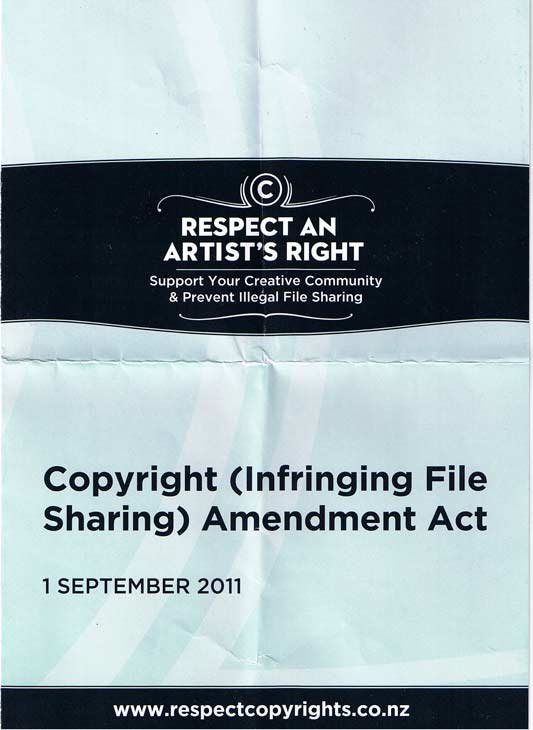
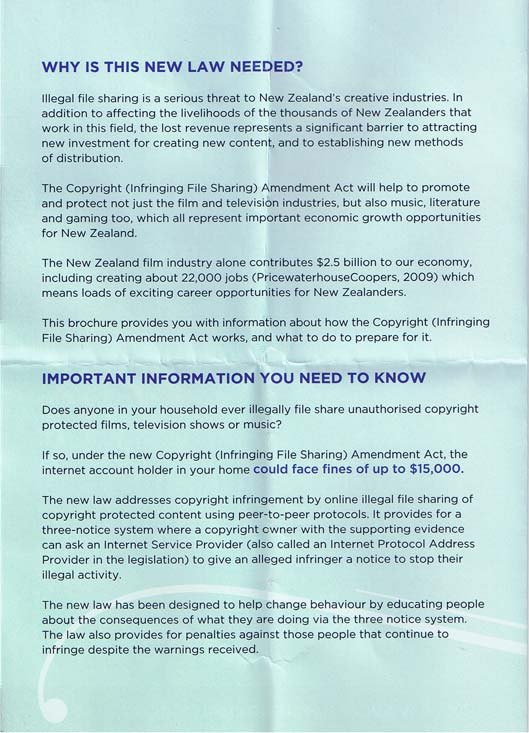
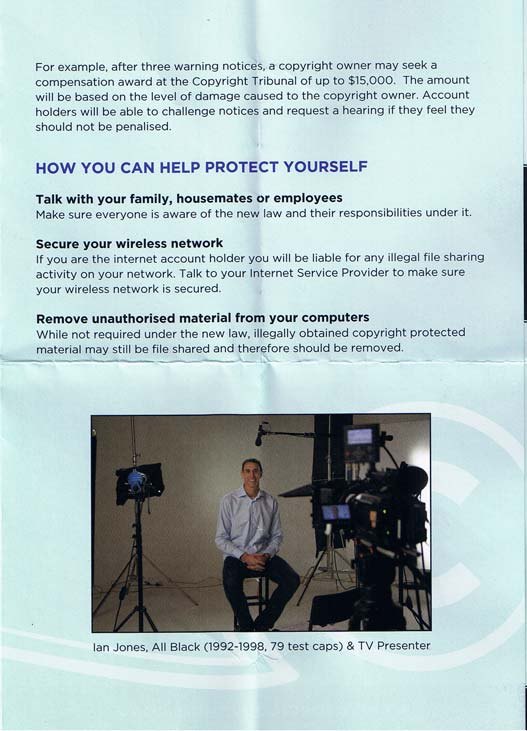




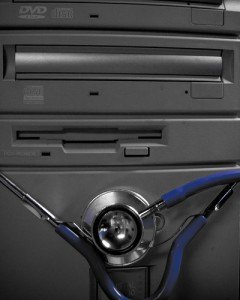 The story
The story